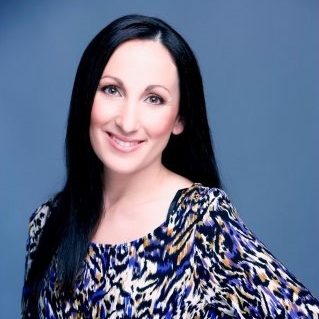
News

Simchas: so similar, yet so different
BENITA LEVIN
“How different can a traditional Jewish wedding be?” I’d asked, curious to find out why they were adamant that the chuppah experience in this country would be unique.
“You’ll see,” I was told. “It’s just different.”
To be fair, I’ve never been to a wedding I didn’t love. It makes no difference whether the ceremony is Jewish, Christian, Muslim, Hindu or non-denominational. Two people have chosen to spend the rest of their lives together – that alone is reason to share in their joy.
It’s always fascinating seeing different cultures and traditions, hearing different songs or hymns and joining in different types of dances. It’s a celebration of love, hope and the future, and being a part of that is always special.
We’ve been very blessed to share in three weddings since becoming olim chadashim: one in Jerusalem, one in Modi’in and one in Tel Aviv. Each was moving and memorable in its own way, with certain obvious differences from the traditional weddings we’ve shared in South Africa, including our own.
Bedekking
One of the most special memories of our wedding in Durban, many years ago, was the bedekking in a small room adjacent to the shul hall. My husband took the veil off my head in front of our immediate family, as tradition has it, to “check” that he was marrying the correct sister. We then went inside the synagogue for a formal marriage ceremony.
In all three traditional Orthodox wedding simchas we’ve been to in Israel, this bedekking, or “checking” of the bride, takes place in front of all the guests in a packed room before the actual wedding ceremony. There is much singing – and crying – as we all watch the groom approach the bride and slowly remove the veil. It is a public, emotional and festive moment.
The chuppah ceremony
Our chuppah ceremony was in a synagogue in Durban – the same one I’d had my batmitzvah in years before, and the same one my husband had his brit milah in, decades before our wedding day. The choir sang from the bimah and the service was formal and, obviously, very moving for us.
The ceremonies we’ve attended in Israel have all been held at the reception venues, including one on a deck overlooking the ocean. The ceremonies were far more informal and jovial, in some cases with the groom’s friends “heckling” affectionately during the ceremony.
Seven men were called up under the chuppah to each recite one of the Sheva Brachot (seven blessings). In each case, friends and family cheered, with light exchanges taking place between the bridal couple and the seven men. It was so refreshingly different and, simply put, a lot of fun!
What, no formal speeches?
Formal speeches can form a rather lengthy part of many weddings. Usually the groom and the best man – and sometimes the bride – deliver speeches. And often there is a representative from each side of the family who offers a toast or shares anecdotes about the bridal couple.
Here, this is not the case. So much so, one father of the bride told me he had prepared a speech but was told it wasn’t necessary. One groom took the microphone late into the evening and took just two minutes to informally thank everyone. No master of ceremonies, no lectern, no awkward silences after inappropriate jokes have been shared – just a non-stop dancing celebration.
Let’s get this party started
At the end of the last wedding we went to in Tel Aviv, the “older” guests – over the age of 35 – started to leave at about midnight. Turns out that at 1am, hamburgers and chips were served for all the young couple’s friends, who carried on dancing into the early hours of the morning. And that late-night snack comes after delicious food has been served throughout the evening.
Can’t wait for the next wedding here!
Smile of the week
Walking out of a hotel bathroom cubicle to see an elderly man washing his hands at the basin. He looked surprised and asked me in Hebrew if this was the ladies’ bathroom. I replied: “Yes, I think so.” At that point another woman walked into the room. He shrugged and replied: “Perhaps you are right.”




